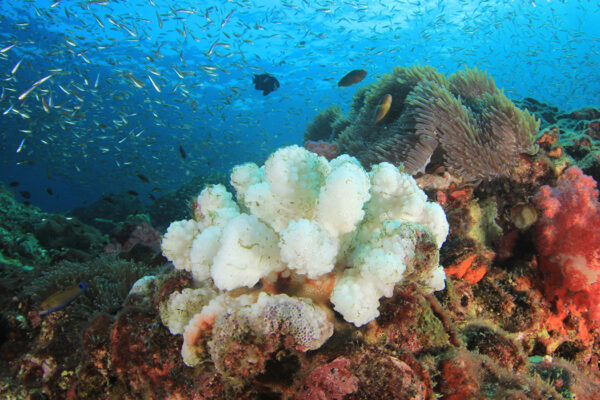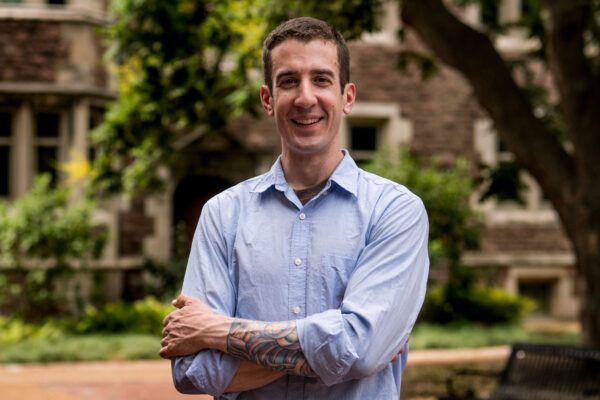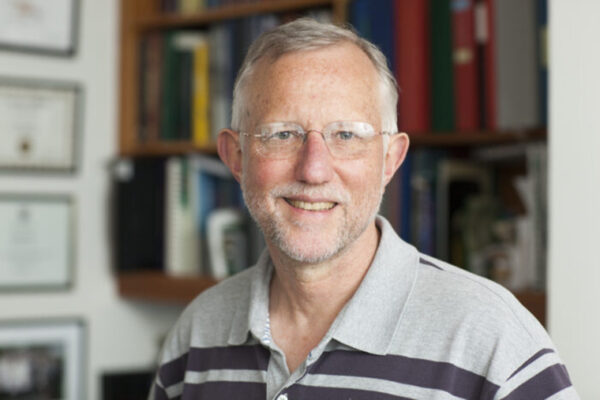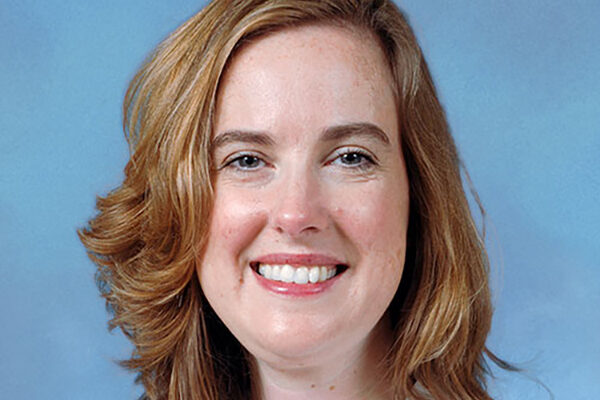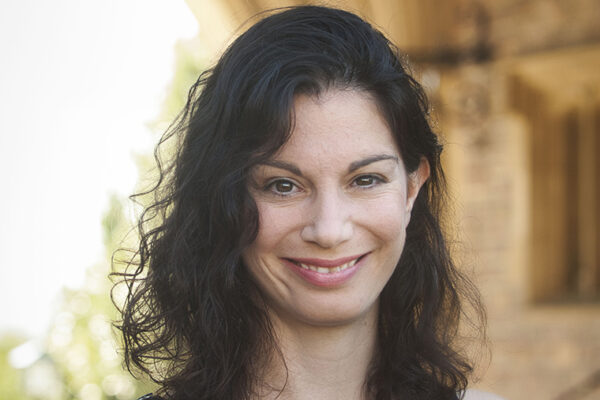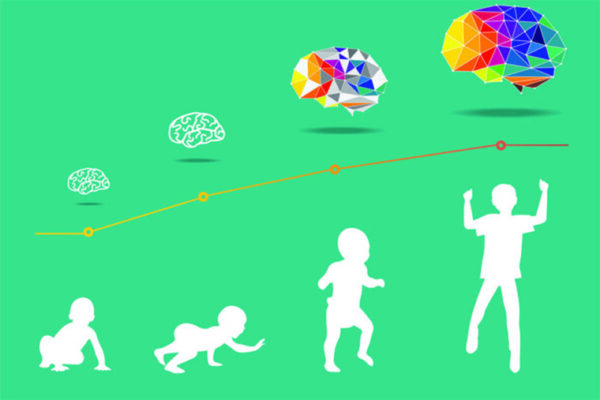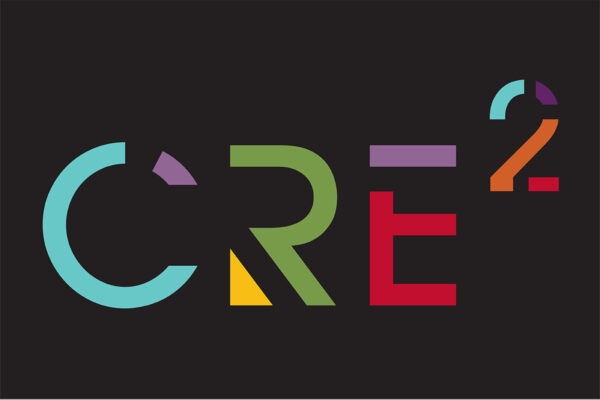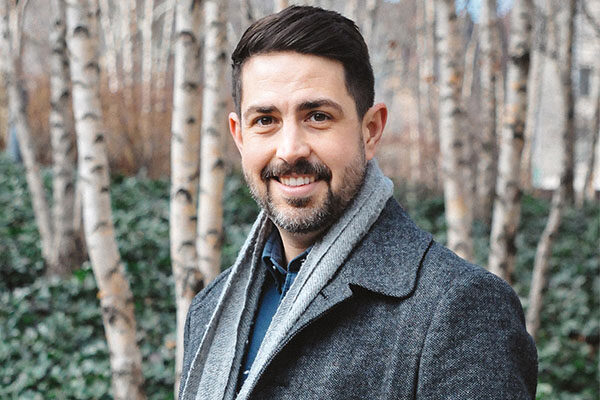Teaching high school chemistry with real-world examples
Michael Wysession, professor in earth and planetary sciences, and Bryn Lutes, a lecturer in chemistry, both in Arts & Sciences at Washington University in St. Louis, believe that high school students will learn chemistry better when they crunch actual climate data, rather than memorize the periodic table by rote. They helped write a national chemistry curriculum that is loaded with real-world examples — like ocean acidification — and is already being rolled out by school districts in Los Angeles and other parts of California.
Take part in people’s ecochallenge this month
The Office of Sustainability invites members of the university community to take part in the people’s ecochallenge Oct. 7-28. Join the WashU team and take individual actions in areas such as waste, energy, health and justice.
Team of McKelvey aerosol scientists receive grant to establish air quality data network
An internationally renowned team of McKelvey School of Engineering aerosol scientists plans to work with colleagues at other institutions to establish a global network of networks that will collect real-time air quality data and develop ways to solve air pollution with a five-year $2 million grant from the National Science Foundation. Randall Martin, professor of energy, environmental […]
Hengen awarded $1.8M to study sleep’s contribution to brain function
Keith Hengen, assistant professor of biology in Arts & Sciences at Washington University in St. Louis, received a three-year $1.8 million grant to study the role of sleep and waking behavior in shaping the brain’s neural dynamics. His research will help scientists understand how sleep contributes to healthy cognition and shed light on the mechanisms by which disrupted sleep worsens neurodegenerative and mental health disorders.
Nobel awarded to Charles Rice for hepatitis C discoveries at School of Medicine
The 2020 Nobel Prize in Physiology or Medicine was awarded Oct. 5 to three scientists for groundbreaking research that led to the discovery of the hepatitis C virus. One of those scientists — virologist Charles M. Rice — conducted his seminal work while on the faculty of Washington University School of Medicine.
Schwarz elected vice president of radiation research society
Julie K. Schwarz, MD, PhD, professor of radiation oncology at Washington University School of Medicine in St. Louis, has been elected vice president of the Radiation Research Society. She will go on to serve as president beginning in October 2022.
Smith named vice provost for educational initiatives
Jennifer R. Smith, dean of the College of Arts & Sciences at Washington University in St. Louis, has been named to the new position of vice provost for educational initiatives, announced Beverly R. Wendland, provost and executive vice chancellor.
Basis of developmental disabilities focus of $11.3 million in grants
School of Medicine researchers have received renewed National Institutes of Health (NIH) funding for the Intellectual and Developmental Disabilities Research Center. The center’s researchers study genetic and environmental factors that contribute to developmental disabilities.
Center for the Study of Race, Ethnicity & Equity tackles challenge of structural racism
The Center for the Study of Race, Ethnicity & Equity at Washington University in St. Louis has debuted this fall with programs to support and amplify field-defining research, nurture the next generation of scholars and build partnerships in the St. Louis region. The work could not be more urgent, said its founding director, Adrienne Davis, who is also vice provost and the William M. Van Cleve Professor of Law.
Whitaker wins national landscape architecture award
John Whitaker, a master’s candidate in landscape architecture and advanced architectural design, has won an Award of Excellence from the American Society of Landscape Architects.
View More Stories
